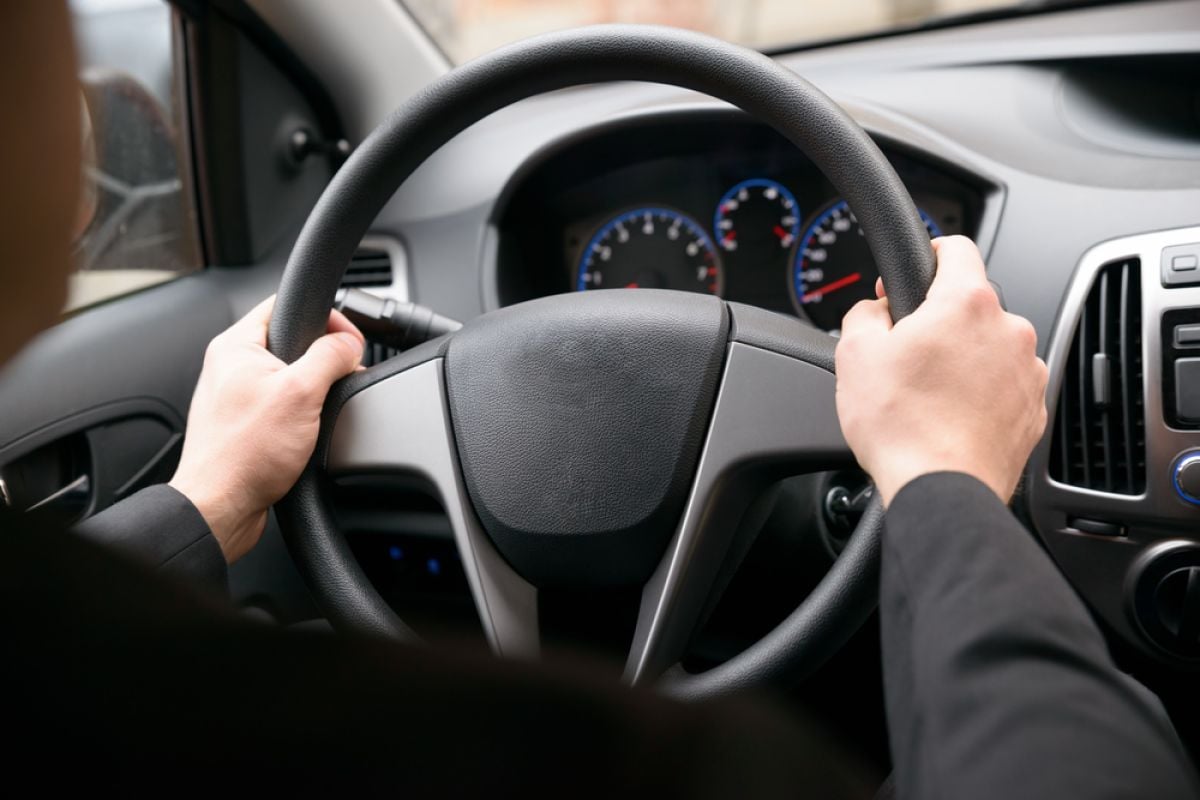
Spain is a large country with an extensive and modern road network that is easy to use. However, non-Spanish-speaking expats may need a little time to get accustomed to traffic signs written in Spanish, Basque or Catalan, depending on the region. Also, cars drive on the right-hand side of the road, which may differ from your home country.
Before you get behind the wheel of a car in Spain, read this short but essential guide on driving in your new country. If you hold a foreign driver's license, you can drive on Spanish roads, but you will have to exchange this for a Spanish driver's license. When you have to do this depends on where you come from.
If you are from outside the European Union, you can use your license and freely drive for your first six months in the country or up to two years if you're from the EU or EEA area. Once these periods have passed, you must obtain a Spanish driver's license.
How to convert your driver's license in Spain
As a Spanish resident from an EU-EEA country, you can exchange your national driver's license for a Spanish license. This is also possible if your country has signed agreements with Spain, such as South Korea, Japan, Argentina, Colombia, Ecuador, Peru, Uruguay, Morocco and Chile.
All you need to do is provide your local traffic office with the following:
- Valid ID documents, such as your passport;
- Proof of residence in Spain, i.e., your residence card/certificate;
- NIE;
- Your original driver's license;
- Current original photograph of 32 x26 mm. in color and with a plain background;
- A statement certifying you have not been deprived of your rights to drive in your home country.
You may also be required to:
- Provide a certificate stating you do not hold another driver's license issued in another country;
- Provide an official statement from your national consulate or embassy proving your national driver's license is authentic and valid;
- Take a medical examination (known as a psychophysical aptitude report) issued by an authorized Driver Recognition Centre.
You will then receive your Spanish driver's license by post, renewable every ten years up until the age of 65 and five years after 65.
For the most up-to-date information about what you must do to obtain a Spanish driving license, go to the Exchange of Foreign Permits page on the DGT (Dirección General de Tráfico) website. Select your country of origin from the dropdown menu for all the relevant details.
Important:
If you don't obtain a Spanish driver's license after six months or two years of residence in Spain and are caught, you could be fined.
Applying for a Spanish driver's license
If you are a citizen from outside the EU-EEA and cannot exchange your license, you will have to take the Spanish driving test. This involves a written theory test and a practical test. Before taking them, you must have lessons through a recognized driving school.
For the written test, you will have to answer 30 questions in English in 30 minutes. This will cover things like road signs and the rules of the road. To pass, you must get no more than three questions wrong.
For more information about driving in Spain and getting a Spanish driving license, contact the embassy or consulate in your home country.
Highway Code and road safety in Spain
If you are going to drive on Spain's roads, it's an excellent idea to familiarise yourself with the country's highway code. Here are a few rules and regulations to get you started.
Age requirements
To drive in Spain, you must be 18 years or over.
To hire a car, you must be 21 years or over. Some car hire companies set the minimum age at 23 or higher.
Speed limits
The speed limit on Spanish motorways (autopistas) is 120 km/h.
Unless otherwise indicated, the maximum speed limit on urban roads with one lane in each direction is 30 km/h.
Unless otherwise indicated, the maximum speed limit for urban roads with two or more lanes in each direction is 50 km/h.
Warning triangles
You must carry two warning triangles in your car, which are to be used if your vehicle breaks down. Currently, you are meant to place one red warning triangle behind the stranded vehicle to warn other motorists there's a problem ahead. Leaving your vehicle puts your safety at risk, especially on a busy motorway which is why the triangles are being phased out. Since 1 January 2021, V-16 emergency warning beacons have also been in use, and there are two types: analog and connected.
Since January 1, 2021, V-16 emergency warning beacons have been in use. Drivers are meant to keep one in their glove compartment and, if needed, place it on the roof of their car. The beacon has a magnetic base to ensure it stays in place. This allows drivers to signal an emergency without having to exit their vehicle.
Once activated, a beacon sends your location to the DGT (Dirección General de Tráfico) every 100 seconds. The information can then be sent anonymously to the electronic roadside traffic panel closest to your position to warn other drivers of an incident.
Beacons have Bluetooth technology, which can be linked to a mobile, allowing users to request roadside assistance.
Although drivers can use triangles for a little while longer, beacons will be mandatory from 1 January 2026.
Other safety precautions
You must carry at least two high-visibility jackets in your car. If you stop/break down and get out on the road, you must wear one.
The law forbids the use of mobile phones while driving, even if you're stationary at traffic lights. You can use hands-free devices, but these must be completely hands-free, so no headphones or earpieces.
A first aid kit is not legally required in a car, but it is recommended.
For most drivers, the maximum legal drinking limit is 0.5 grams of alcohol per liter of blood. It isn't easy to work out what this equates to, but two bottles of beer will almost certainly put you nearly over the limit, as would more than 1.5 glasses of wine. The limit for drivers with a license for less than two years and professional drivers (cabbies, coach drivers, etc.) is 0.3 grams of alcohol per liter of blood.
Good to know:
If you bring your own vehicle to Spain, you will need to register it with authorities after six months and have the number plates changed to Spanish plates. It should also be insured, which may involve the insurance company requiring your car to undergo a vehicle inspection (ITV - Inspección Técnica de Vehículos).
We do our best to provide accurate and up to date information. However, if you have noticed any inaccuracies in this article, please let us know in the comments section below.








